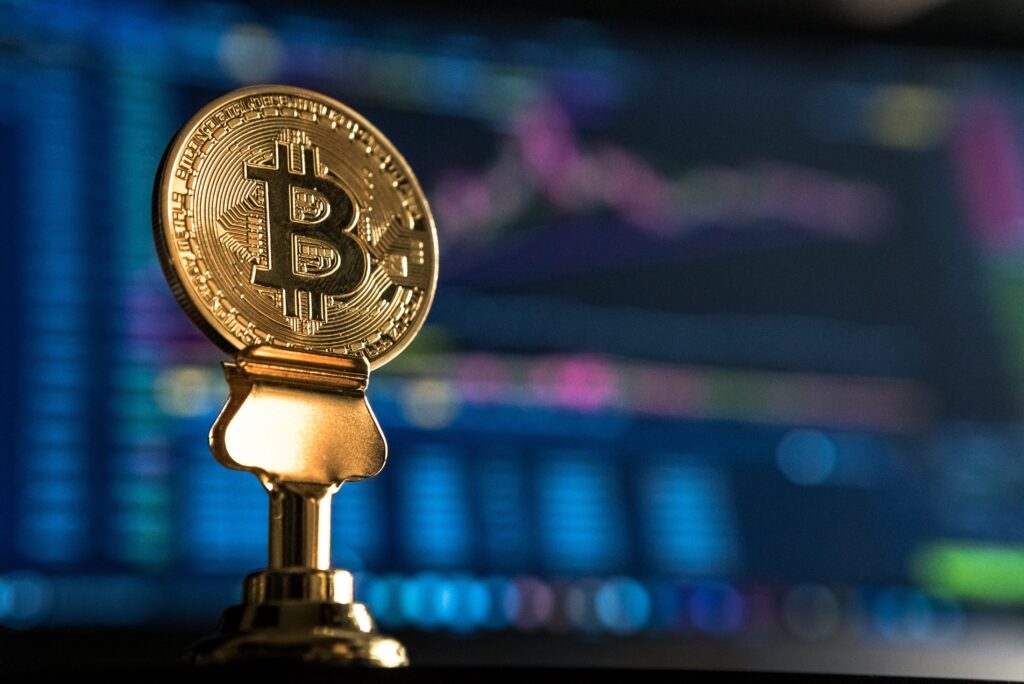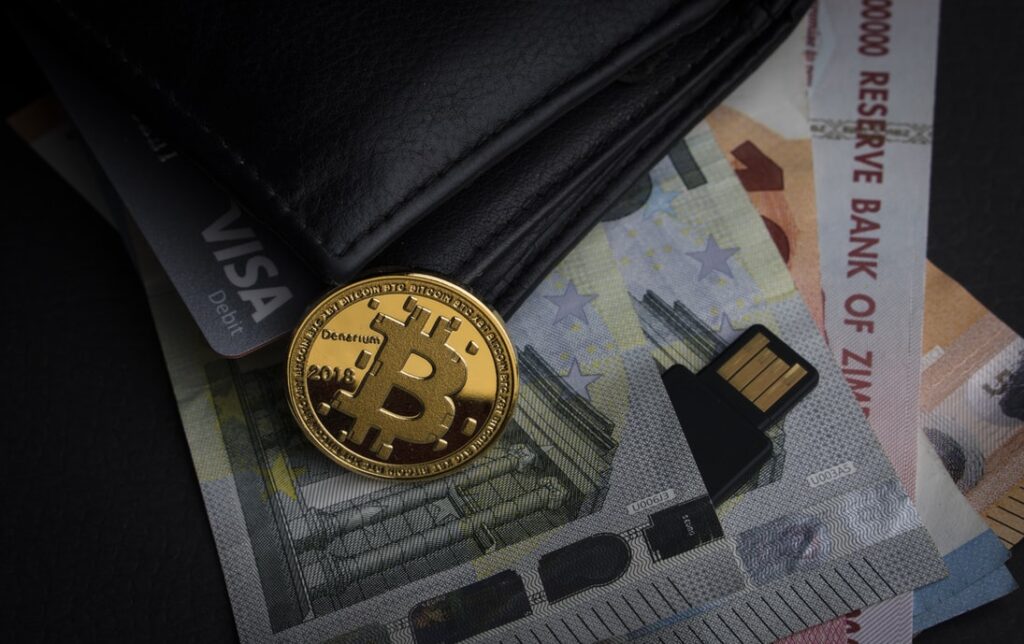If you are interested in cryptocurrencies, you probably already know that there is software, and even hardware devices, that are used to store the Bitcoins or other crypto coins you’ve earned through your activities on the market. Bitcoins can be mined in the blockchain, but that’s a pretty time and money-consuming activity, that brings them as a reward. Some cryptocurrencies are traded on trading platforms and then exchanged. But, no matter what you do, don’t store them on your account, and make sure you withdraw them in the wallet, so you can prevent profile attacks.
Many experts find physical devices as the most convenient way to store your cryptocurrencies. Others swear in software solutions. But, no matter what you choose, according to bmmagazine.co.uk, you will anyway have to create a virtual wallet first, and then proceed with the digital transactions, and the key decision if you need a physical device or not.
Are cryptocurrencies secure?

Most of the cryptocurrencies are secure (we can’t claim that they are completely secure), but the places where you store them may not be like that. So, you will have to either exchange or buy a wallet. But, how to be sure they are secure there too?
Creating a strong password, adding two-factor authentication and other layers of security, and creating public and private keys, are only a few of the steps you have to take you can make sure your savings are safe. You probably know this, but your character has to be at least 12 or 16 characters, even if you only use alphabetical signs. The more characters you add, the harder it is for the advanced hacking machines to detect it, and break in through it. Also, don’t use predictable patterns. You are not doing that or your Facebook account, so you shouldn’t do it for your digital wallet.
Always enable the 2FA feature, for an additional layer of protection. You can confirm your identity through SMS, email, or an automated phone call. And no matter if you have a few crypto coins or just a small portion of them, you should never skip this step.
Keeping your cryptos on the exchanges can make your account more vulnerable, so our recommendation is to remove them and store the coins in your wallet. But, do you know wallets can be hacked too? Everything can be. It’s just on you to allow them that by setting weak passwords and not enabling the 2FA at least. Anyway, wallets, known as cold storage are better for those who want to invest in cryptocurrencies in a long term. Hot wallets are for those who briefly want to join but aren’t sure if it’s for them.
Don’t worry, there is a place for everyone – you only need to be aware and know what do you want to accomplish.
When you are active, you are vulnerable

Once a crypto activity is detected, you can become a target to the hackers. Knowing that there is no centralized cryptocurrency, which means there is no government or finance corporation to control them, you can assume how risky and volatile that market is. Another thing you should never forget about is that you can’t reverse a transaction. Once it’s completed, there is no way of getting it back in case you made a mistake, which is not the case with the fiat finance market.
Also, when you are active on the crypto market, your wallet can be hacked, your computer and mobile devices too, or you can accidentally lock down your hardware wallet by forgetting the keys. And there are still those cases when the wallet is damaged, or when you make a mistake and erase everything you have. It sounds scary, but it doesn’t mean you need to give up on the idea to trade.
Interesting solutions for not so interesting issues

There is nothing fun and entertaining about losing your crypto savings. But, you can do anything in your power to prevent that. As we said, adding strong passwords and a few layers of protection is a good starting point. But, as a responsible owner, you need to always track the activity on your trading accounts, and even on your wallet, especially after it was connected to a computer for the first time. Many crypto fanatics won’t use the device on the same computer ever again, because they are afraid there is a breach and the hackers can get to the wallet easily. Instead, they are buying old computers, format them, and never connect them to the Internet, which is one of the ways to protect your assets.
Another interesting solution is to use a few wallets and split the savings into smaller portions. You always risk losing one of them, but probably you won’t do that for three, four, or even ten physical wallets. Use them when you are sure you really want to sell what you have. And remember, even when it seems there is no suspicious activity, there always can be, since the whole market is open for malware and malicious links and files.
When you want to exchange, use your exchange wallets. Don’t connect the others to the network. Even if you lose, you don’t lose everything. For example, if you have $100 and you split them into smaller amounts, like $10, $30, and $60, and if you lose some of it, you don’t lose them all, just a smaller part. And that’s how you should behave with your crypto savings too.
Attackers will often use phishing campaigns (including emails, texts, social media messages) as an effective way to target potential victims — these messages typically contain malicious links which can automatically download malware onto your device if clicked on or provide attackers with access to sensitive information such as passwords used at similar sites/services when entered (that’s why it’s important not to reuse passwords).
Make sure you enable anti-phishing software on your devices (check out crypto guides) and be extra vigilant when clicking on links — double check destination URLs before taking any action!
In the end, we will recommend you not to forget you don’t have superpowers, and if things are bad, you can’t really do much to fix the situation. Use every measure you think will be effective in protecting the crypto money you have.
Bottom line
Risky actions can always bring even riskier outcomes. And the cryptocurrencies are risky – that’s how they work. No matter which one you are using, you have to take every step to protect yourself, and the profits you are planning to earn by your crypto activities.
